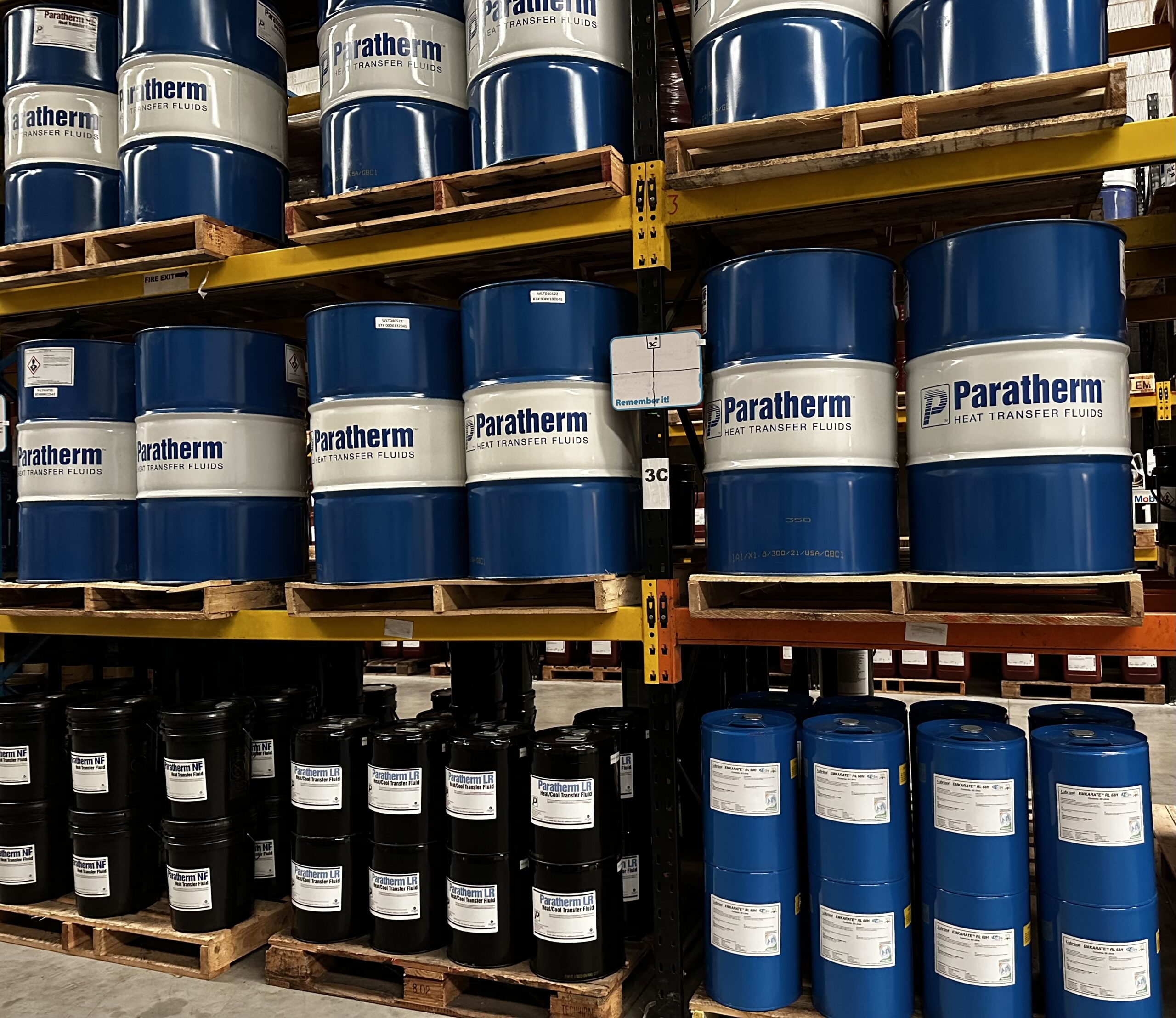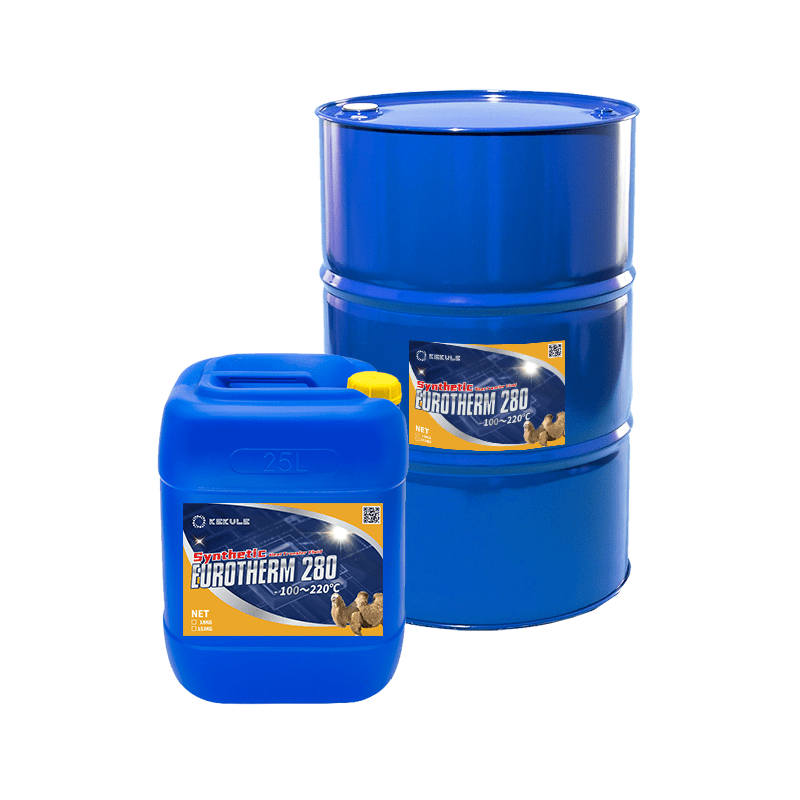Just how to Pick the Best Heat Transfer Fluid for Industrial Applications
Just how to Pick the Best Heat Transfer Fluid for Industrial Applications
Blog Article
The Duty of Warm Transfer Liquid in Enhancing System Performance and Security
In the ever-evolving landscape of commercial processes, warm transfer fluids (HTFs) arise as pivotal parts in maximizing both system efficiency and safety. These specialized liquids, understood for their remarkable thermal conductivity and regulated viscosity, make it possible for efficient heat exchange, which is important for streamlined operations.
Comprehending Warm Transfer Fluids
Heat transfer fluids, frequently considered the lifeblood of thermal administration systems, play a critical role in regulating temperature throughout numerous commercial applications - heat transfer fluid. Industries such as chemical processing, power generation, and production count on heat transfer liquids to guarantee tools runs effectively and safely.
The selection of an ideal heat transfer fluid is critical to the success of a thermal management system. In recap, a detailed understanding of warm transfer fluids is crucial for optimizing system efficiency, making certain operational safety and security, and attaining affordable thermal management options.
Trick Properties of HTFs

The details warmth capacity of an HTF marks the amount of warm energy needed to alter its temperature, affecting exactly how effectively the system can respond to temperature variants. The boiling and freezing points of HTFs also play a critical role, specifically in systems subjected to severe temperature levels, ensuring fluid security and stopping phase changes throughout procedure.
Enhancing System Efficiency
To enhance system efficiency with warmth transfer fluids (HTFs), it is essential to incorporate a thorough strategy that takes into consideration both fluid residential or commercial properties and system design. The choice of a suitable HTF is crucial, as its thermal conductivity, viscosity, and specific warmth capability directly influence the performance of warmth exchange. High thermal conductivity ensures rapid heat transfer, while ideal thickness assists in smooth circulation with the system, reducing energy consumption. In addition, a high details warm capacity enables the liquid to shop and transfer more thermal energy, improving overall system efficiency.
Equally essential is the style of the heat transfer system itself. The surface location and material of warm exchangers need to be optimized to take full advantage More Bonuses of warmth transfer efficiency.
Boosting Operational Safety And Security
Making certain functional safety and security in heat transfer systems needs a careful concentrate on both the homes of warmth transfer fluids (HTFs) and the style and upkeep of the entire system. HTFs need to possess thermal security, reduced flammability, and suitable thickness to lessen dangers such as leaks, fires, and system breakdowns. Picking the best HTF is crucial as it figures out the system's ability to deal with temperature level fluctuations without endangering security.
The style of the system should incorporate redundancies and fail-safes to take care of possible dangers successfully. This consists of the combination of safety and security shutoffs, stress relief gadgets, and temperature level surveillance systems to spot and resolve abnormalities immediately. Routine upkeep is essential to make sure that all components, consisting of pumps, pipes, and seals, are operating properly and are cost-free from wear or corrosion, which might bring about unsafe leakages or failures.
In addition, employees in charge of the procedure and upkeep of warmth transfer systems should be adequately educated in security protocols and emergency situation reaction procedures. Constant training programs and security have a peek at this website drills can substantially minimize the probability of mishaps, ensuring a safer working setting. Eventually, a comprehensive approach to security-- incorporating fluid option, system layout, and labor force training-- is important for optimum functional safety.
Industry Applications of HTFs
Commonly utilized throughout various sectors, heat transfer fluids (HTFs) play an important role in improving the effectiveness and integrity of thermal monitoring systems. important site In the chemical industry, HTFs are important for preserving exact temperatures during reactions, making certain item uniformity and top quality. They facilitate heat exchange processes in activators, condensers, and warmth exchangers, thus optimizing energy usage and reducing waste.
In the oil and gas sector, HTFs are used in both upstream and downstream operations. They manage temperature level in drilling procedures and improve effectiveness in refining processes by offering secure thermal problems. This leads to reduced downtime and boosted safety, particularly in crucial operations such as distillation and fracturing.
The eco-friendly power sector likewise profits substantially from HTFs, especially in concentrated solar energy (CSP) plants. Below, HTFs move captured solar energy to power generators, enabling reliable electrical energy generation. The pharmaceutical sector depends on HTFs for specific temperature level control in both synthesis and storage, guaranteeing product efficacy and safety and security.


In addition, the food and drink industry uses HTFs for pasteurization, sanitation, and cooking procedures, enhancing both item safety and security and production effectiveness. Throughout these markets, HTFs act as important parts in keeping ideal functional performance and safety.
Final Thought
Heat transfer fluids are important in boosting commercial system efficiency and security by using high thermal conductivity, optimum thickness, and thermal security. Proper option and maintenance of HTFs improve heat exchange effectiveness, consequently improving operational performance.
Report this page